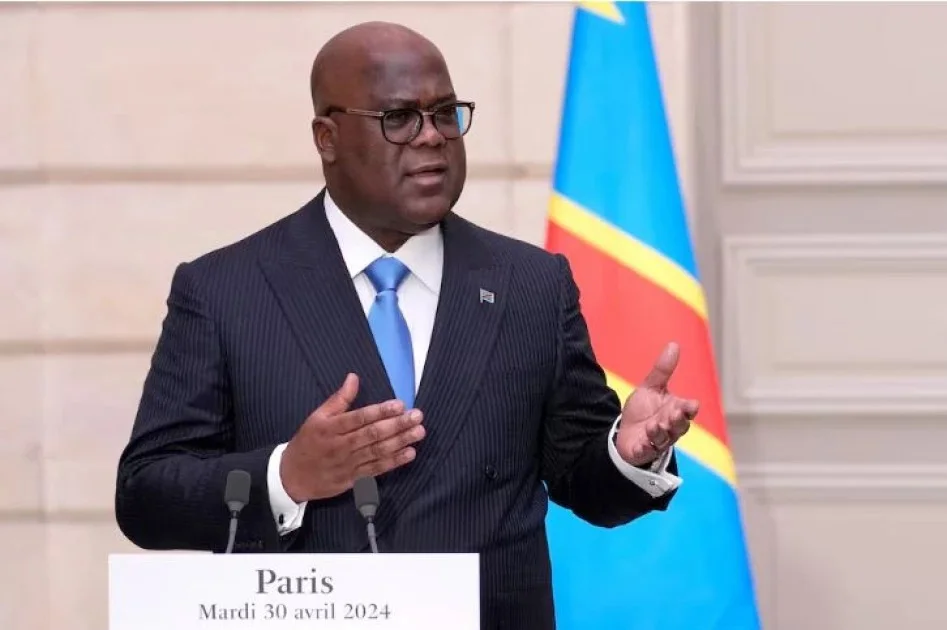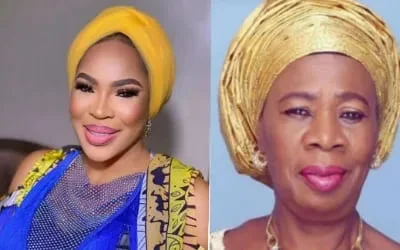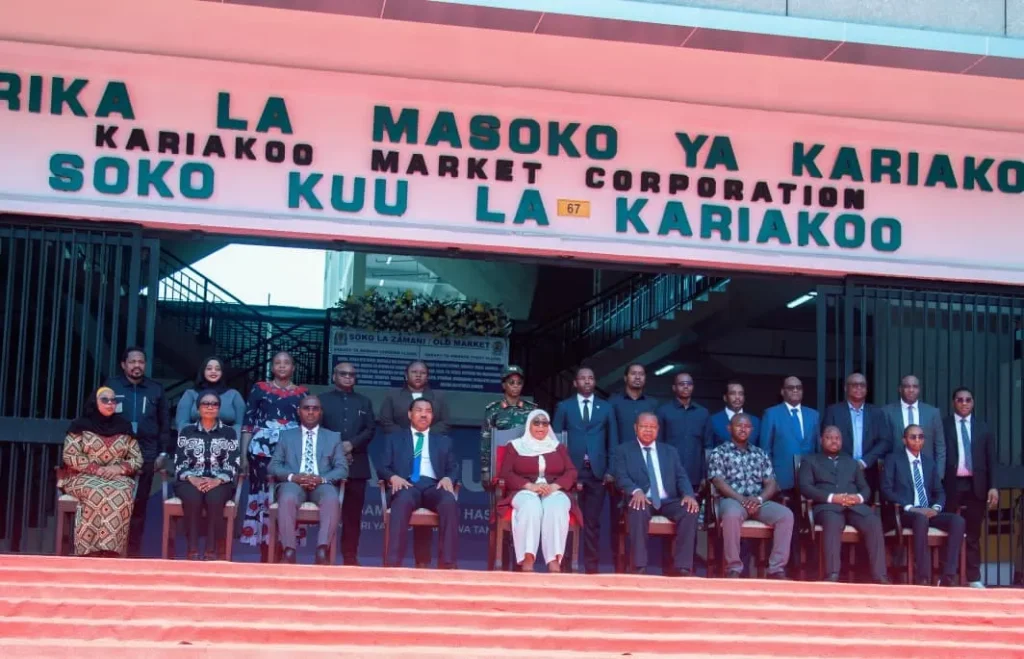The Democratic Republic of Congo (DRC) has announced a new government, ending months of deadlock following President Felix Tshisekedi’s re-election. The cabinet reveal comes as the nation grapples with a security crisis in the east and recent political instability, marking a pivotal moment for Tshisekedi’s leadership and the Sacred Union coalition.
Ending a Prolonged Political Standoff
After securing a second term and a strong parliamentary majority for his Sacred Union coalition, Tshisekedi faced delays in forming a new government due to internal rivalries over cabinet positions. Erik Nyindu, the president’s communications director, explained that negotiations among coalition parties required time to reach a compromise. The resulting cabinet, reduced to 54 ministers from 57 in the previous government, reflects a modest attempt to streamline costs amid public pressure for fiscal restraint. Critics note that the reduction falls short of expectations, given the DRC’s economic challenges and reliance on mineral exports like coltan and copper (‽web:0,2).
Key Appointments in a Time of Crisis
The new cabinet features significant appointments to address pressing issues. Guy Kabombo Muadiamvita, a lawyer and former head of the DRC’s official gazette, was named defense minister, a critical role as the Congolese army battles M23 rebels in the east. The Rwanda-backed M23 group has seized territory, exacerbating a humanitarian crisis with millions displaced (‽web:0,3,15). Doudou Fwamba Likunde was appointed finance minister, tasked with managing the nation’s economy, while Kizito Pakabomba will oversee the mines ministry, responsible for Congo’s vast reserves of globally critical minerals. These appointments signal Tshisekedi’s focus on security and economic stability.
Security and Political Challenges
The government formation follows a reported coup attempt in Kinshasa, where armed men attacked a minister’s home and the Palais de la Nation, the president’s office. The military’s swift response quelled the threat, but it underscored the fragility of political stability in the DRC. Concurrently, renewed fighting in eastern DRC against M23 rebels has intensified, with the group’s territorial gains threatening regional security (‽web:0,3,11). The Sacred Union’s ability to address these challenges will be closely watched, as Tshisekedi seeks to consolidate power and deliver on campaign promises.
A Nation at a Crossroads
The new government marks a critical step for the DRC as it navigates internal divisions and external threats. With a streamlined yet still sizable cabinet, Tshisekedi aims to balance coalition demands with public expectations for reform. However, the ongoing M23 conflict and recent political unrest highlight the daunting challenges ahead, particularly in restoring security and leveraging the DRC’s mineral wealth for national development.






